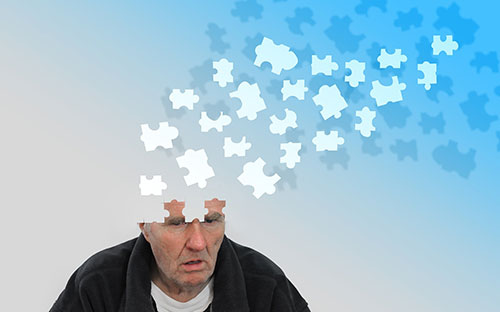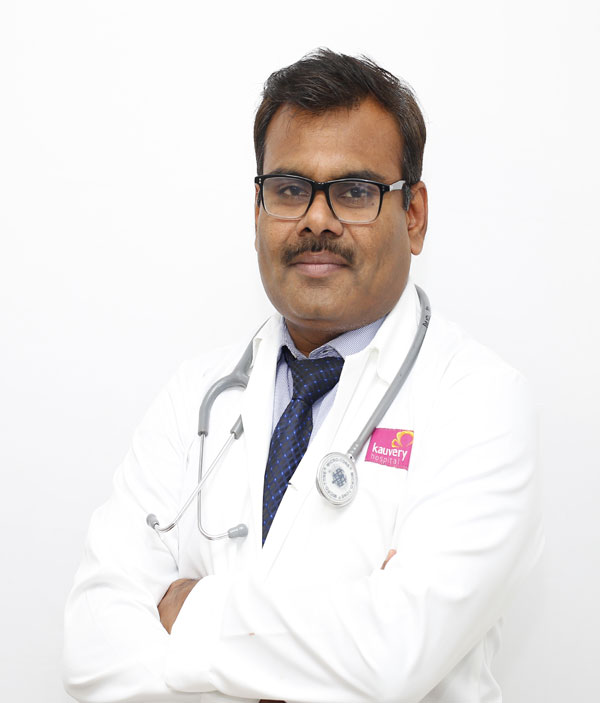
Old Age And Good Health
The world population is aging rapidly. It is estimated that in another thirty years’ time, 30% of the global population will be over the age of sixty. The percentage of the elderly in India is lower, at about 9%, but the number is rising rapidly. In the ancient joint family system, the young were always available to care for their elders. Today we are in an age of nuclear families where children leave home at a young age to start their careers and set up their own families. Often that means moving far from their parents – perhaps to the other end of the country or abroad. Women are no longer housebound and on hand to care for their seniors – they are, increasing numbers, finding employment outside their home. The elderly are still loved and respected, but they are often left to fend for themselves. Healthcare then becomes a major issue.
The Aim Of Geriatric Medicine
The human body becomes weaker and more susceptible to illness as it ages. Geriatrics does not try to reverse the signs of aging. Instead, it works to improve the physical, mental, psychological functionality of the elderly to enable them to live independent social and economic lives in their own environment. One of the biggest obstacles to a secure independent life is the onset of dementia.
Understanding Dementia
Dementia refers to age related loss of memory. As we age, it becomes increasingly difficult for us to process and recall information. Having difficulty remembering a name, date, event etc. is normal and it is not a sign of dementia or the related Alzheimer’s disease.Normal age-related memory loss is not enough to affect daily life. Because ageing does slow the mental response time, it takes the elderly longer to solve problems and complete tasks that require the memory recall. However, the accuracy with which the task is completed remains unaffected.
Dementia is not a part of the normal ageing process. Only about 1% of age-related memory loss cases turn into dementia which is, to put it simply, changes that cause impairmentin a person’s ability to think, speak, and participate in normal social activities.
The Symptoms
Only a professional evaluation can state with any certainty if a person is suffering from dementia. That being said, the common symptoms that should be cause for concern include:
- Problems with speech
- Difficulty in understanding what is said
- Memory loss
- Impaired judgement and/or ability to understand situations
- Inability to take decisions
- Changes in the way emotions are express or shown
- Personality changes
- Other ways in which coping with daily life is difficult
The Treatment
Two treatment options are available:
- Medication to slow the progress of the disease. A few of these slowing therapies are available
- Symptomatic therapies which are behavioural and pharmacological treatments. These focus on managing the condition and in general, the use of medication is avoided as far as possible. This is the more common approach to the problem. It involves the presence of a caregiver.
The Caregiver
Dementia does not just affect the person suffering from it. It has a domino effect on the families of the patients and those who come into contact with them. A caregiver, as, the name implies, is a person who cares for the patient and provides the support needed to provide the best possible quality of life. A caretaker must:
- Have a working knowledge of the disease, how it progresses and the expected response to therapies
- Focus on the patient’s best interest and be able to take decisions accordingly
- Be able to anticipate function and cognitive loss progression and be ready to deal with them
Caregivers must also be cared for. It is a high stress situation and caregivers will experience emotional, social and financial pressures that may affect their caregiving abilities. Continuous assessment of the caregiver’s physical and mental health is essential, and these will, in turn, affect the wellbeing of the patient.
Preventing Dementia
There are no guaranteed methods for preventing the onset of the disease. However, a healthy lifestyle will significantly reduce the likelihood of contracting dementia. The lifestyle includes:
- Regular exercise: This can reduce the risk of dementia by up to 50%. Regular exercise can also slow the progression of the disease among those who are already suffering from it.Advancing age also increases the chances of falling which could cause head injuries. These could result in brain injuries which may lead to mental problems or increase the severity of existing ones like dementia. Regular balance and coordination exercises such as Pilates, Tai-chi, and Yoga will help to maintain agility and balance and avoid falling.
- A healthy diet: Studies show that eating a healthy diet improves brain function and reduces the risk of dementia. Additionally, a healthy body can reduce the severity of the symptoms of dementia in those who are already suffering from it.
- Mental stimulation: The brain needs exercise to remain strong, the same way the body does. Mental challenges and stimulation make the brain work and so make it stronger and less likely to develop the lesions that may result in Alzheimer’s disease. The mental activity canal so slow the progression of the disease in those who already have it. The best way of stimulating the mind is by learning something new – be it a musical instrument, language, hobby, etc. Reading is also a good way of focusing and stimulating the mind. Strategy, card and board games, puzzles, solving riddles and other such activities also challenge and strengthen the mind. The greater the challenge, the better it is for the brain.
- Stress Reduction: The greater the stress, the greater the risk of dementia. Relaxing with leisure activities that do not involve anymental pressure will control stress. Meditation is a good way to keep stress levels down. Socializing with friends is also very relaxing.
- Proper sleep: People with Alzheimer’s disease and dementia often suffer from insomnia. Research shows that poor sleep is both a symptom of the problem as well as a possible contributing factor. Poor sleep causes certain proteins to collect in the brain which can impair the memory. Better sleep may allow these proteins to be flushed from the brain.
In Conclusion
As of now, there is no cure for dementia.Keeping the brain healthy and active is a key factor in avoiding the disease and lowering the impact on those who already have it. The early detection and diagnosis of dementia are essential to being able to provide the best care for patients. This also provides the patient’s family with the time to prepare itself for the future and find the resources required to deal with the situation.

Dr. N. Lakshmipathy Ramesh
Consultant Geriatrician
Kauvery Hospital

